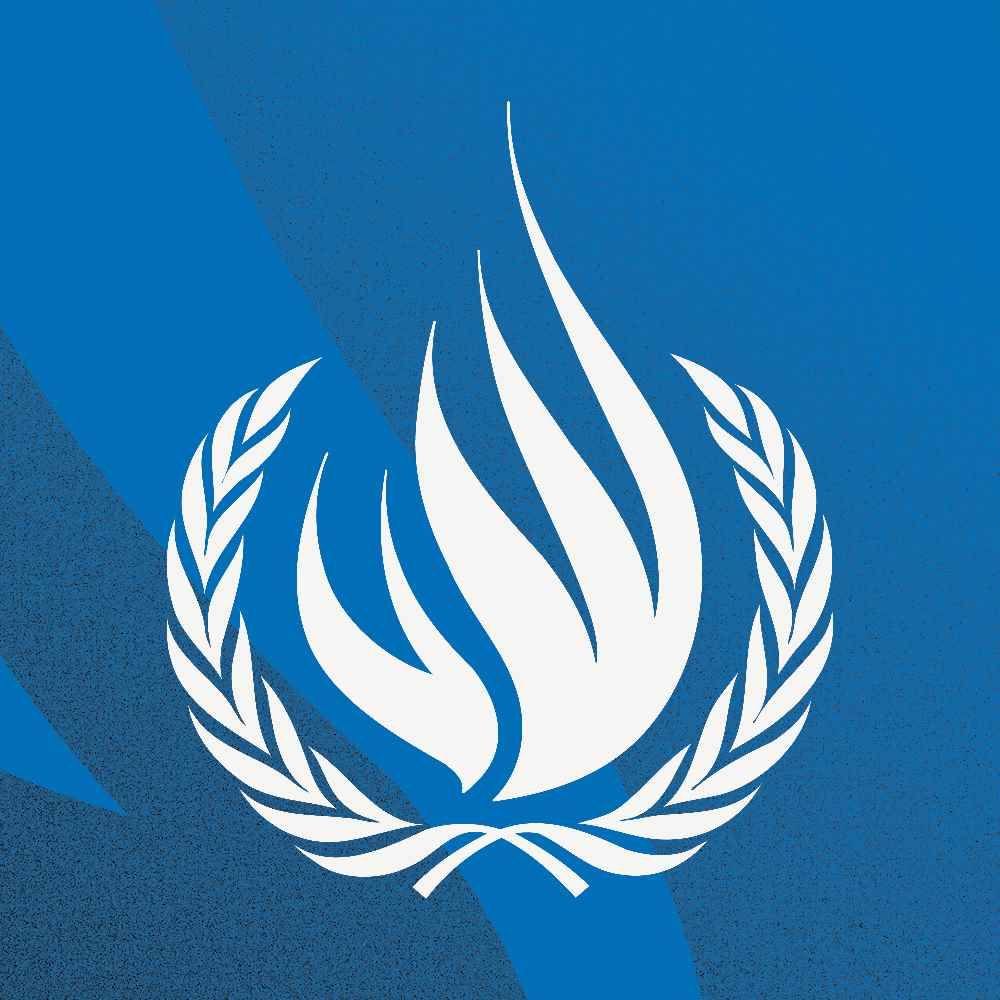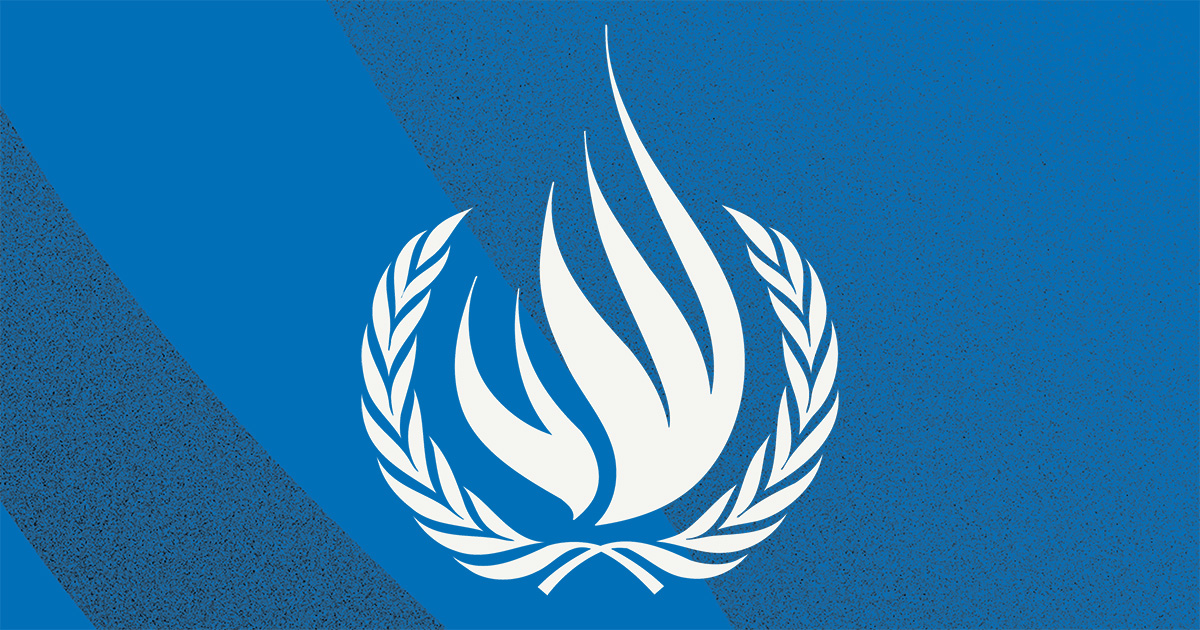
DELIVERED BY
Volker Türk, United Nations High Commissioner for Human Rights
AT
52nd session of the Human Rights Council
High-level meeting commemorating the thirty-fifth anniversary of the Declaration on the Right to Development
Mr. President,
Distinguished Delegates
Colleagues and Friends,
This year is studded with landmark celebrations that mark key steps on the path towards human dignity.
The General Assembly’s adoption of the UN Declaration on the Right to Development is one such landmark.
It broke new ground by defining development as a comprehensive economic, social, cultural and political process that is aimed at the constant improvement of the well-being of all individuals and peoples: development as freedom, in the words of Nobel laureate Amartya Sen.
It called for every member of society to participate fully and freely in decisions.
It demanded fair distribution of economic resources within and among countries at every level of development – as well as for traditionally marginalized people such as women, minorities, indigenous peoples, migrants, older people, people with disabilities and the poor.
Because genuine development is not about enriching a few individuals or businesses.
It is not based on exploitation of the many by few.
Genuine development benefits everyone, across society, by advancing equity and justice.
It is rooted in equality of opportunity, full enjoyment of human rights, and a fair share of resources for all.
The Declaration on the Right to Development reflects the vision of the UN Charter: to solve international problems of an economic, social, cultural and humanitarian character through international cooperation; to promote social progress and better standards of life in larger freedom.
It builds on Article 28 of the Universal Declaration of Human Rights, which declares that everyone is entitled to a social and international order in which the rights and freedoms of the Universal Declaration can be fully realized. It is important to look back at that wording and then at the world today and see whether we have achieved such an order.
It embodies the indivisibility of economic, social, cultural, civil and political rights –
the interlocking, positive momentum that is generated when the full range of human rights can advance together.
There is no prioritisation of one type of right before another. Political freedoms are not more vital than social or cultural rights. Civic freedoms should not be addressed only after economic rights are achieved.
I am convinced that realisation of this important agreement will have great positive benefit for States and peoples – and that this work needs to be strengthened, powerfully and urgently.
The world is halfway through the 2030 Agenda’s 15-year framework, and the Sustainable Development Goals have been knocked badly off track, not least due to the pandemic of COVID-19.
We are seeing inequalities are escalating to perilous proportions. Climate change and biodiversity loss are far outpacing our corrective efforts. Significant human rights gains – most obviously, in terms of gender equality and the rights of women and girls – are suffering severe pushback. The invasion of Ukraine and other rising geopolitical tensions sharply undercut prospects for international cooperation, and generate negative social and economic impacts around the world.
I am convinced that progress in realising the full spectrum of human rights can reverse this destructive spiral, and can re-establish the basis for dialogue and sustainable development between, and within, Member States.
We need to come together – we need to acknowledge our inescapable interdependence, and cooperate in shaping responses that will mean the fruits of human progress and development benefit us all. It is clear that the SDG Summit in September is a key milestone to turbocharge the right to development and ensure we do our utmost to meet the Sustainable Development Goals.
Mr. President,
Since the creation of my Office 30 years ago, we have worked to mainstream human rights - including the right to development – throughout the UN, and in policy agendas such as the Doha Programme of Action on Least Developed Countries.
In partnership with the University for Peace and the United Nations University, we have trained nearly 1000 stakeholders worldwide on the right to development.
In addition to our support for the Working Group, Special Rapporteur and Expert Mechanism on the Right to Development, my Office has also convened a group of legal experts to support preparation of a draft convention on the right to development.
I ask all States to engage actively and constructively in the negotiations in the Working Group, as an expression of their commitment to the right to development.
Today, as we mark the 35th anniversary of the Declaration on the Right to Development, I confirm the commitment of my Office to doing our utmost to honour and rekindle the spirit of universality, indivisibility and interdependence that inspired this text.
I look to the Member States of the Human Rights Council, and to all our civil society partners, to bridge divisions and join us to realise the right to development, and foster a new social contract.
Thank you








